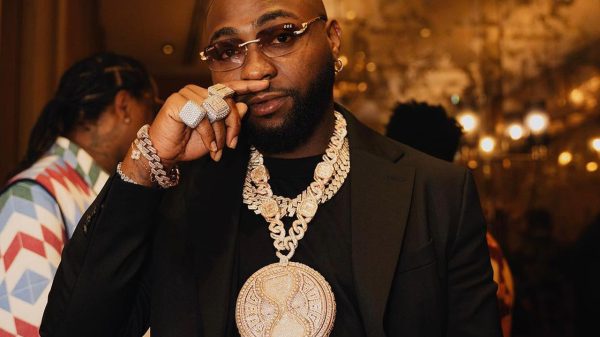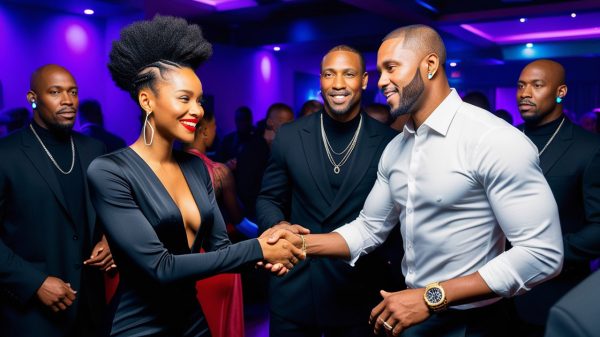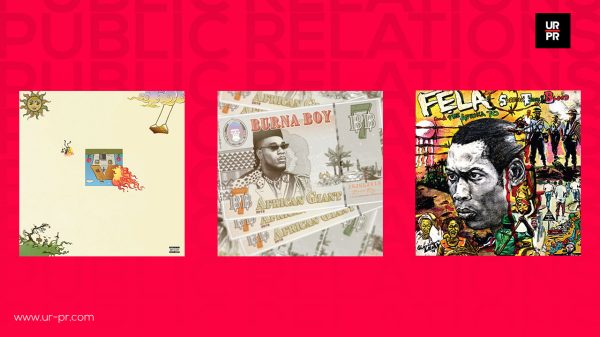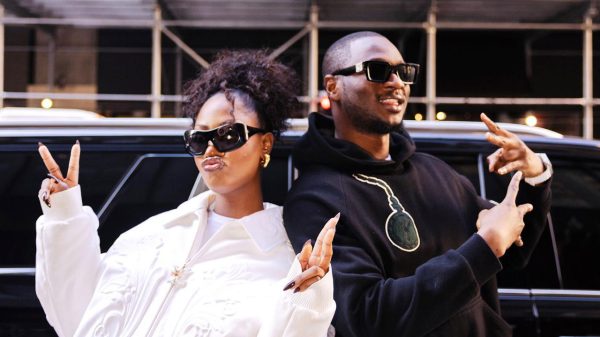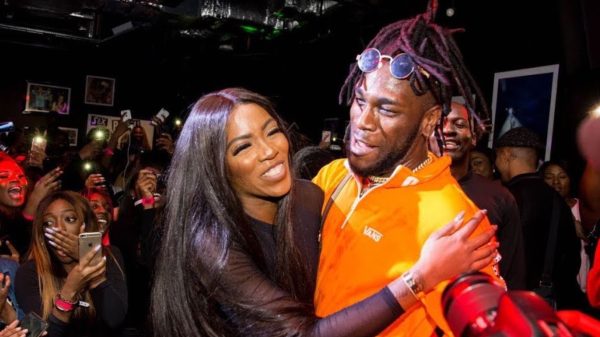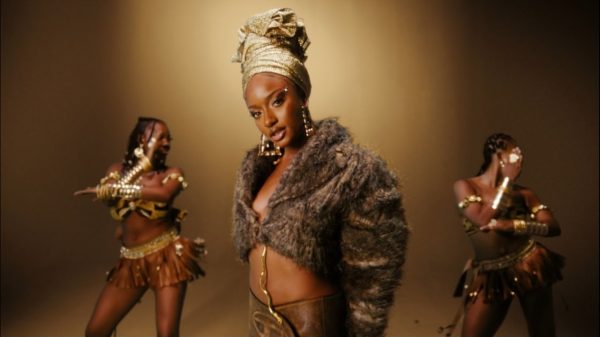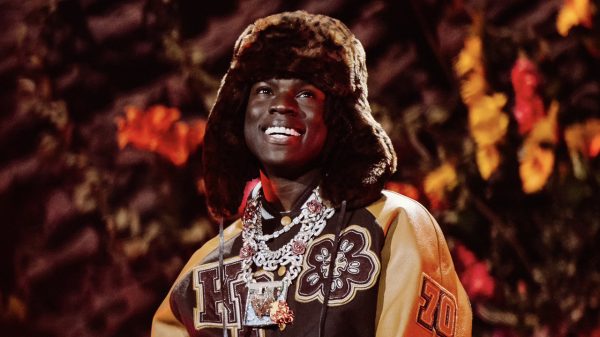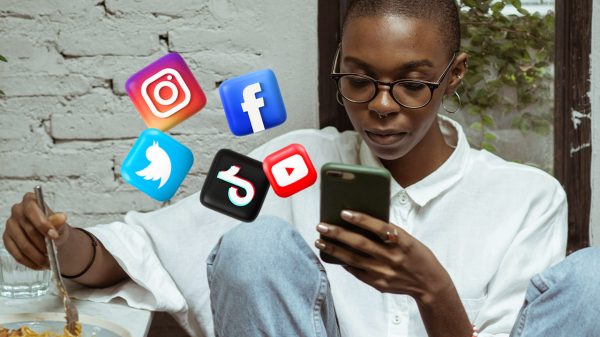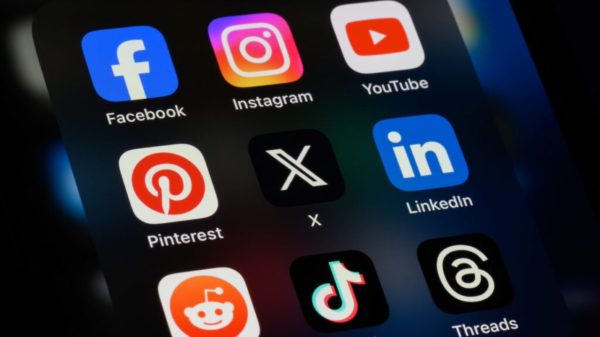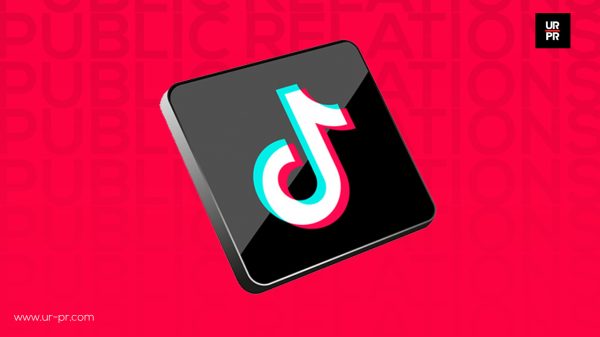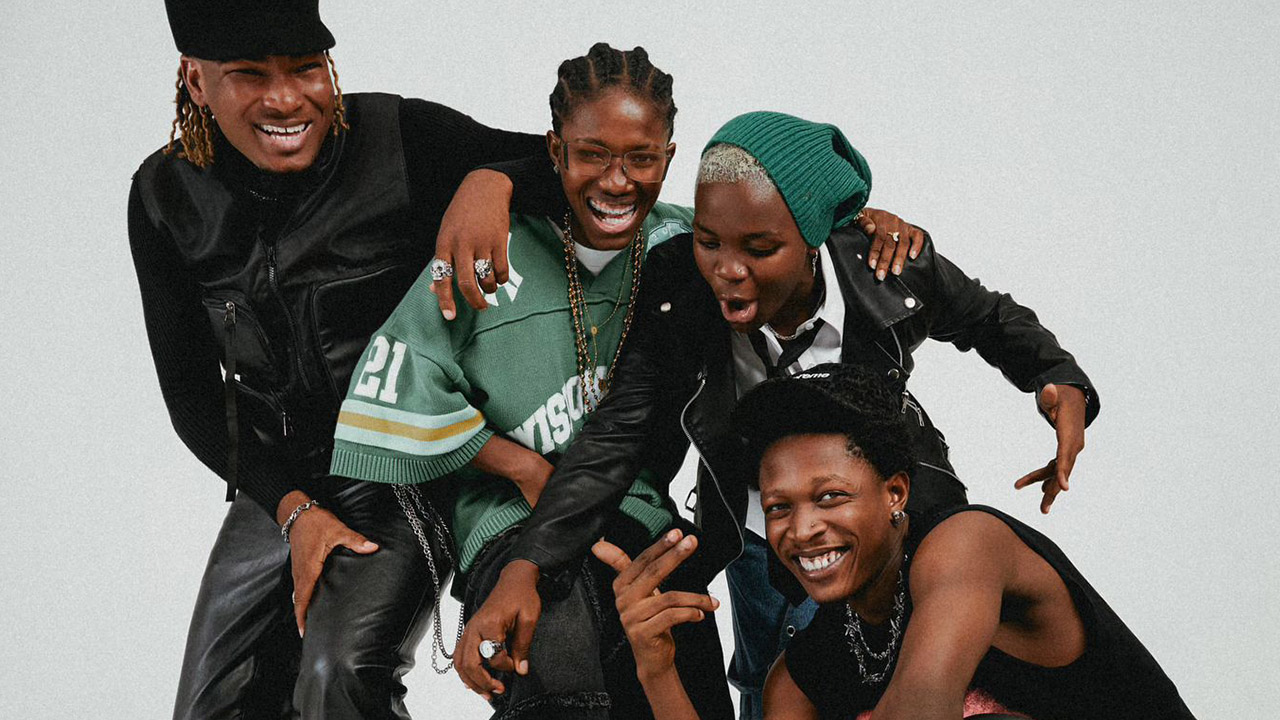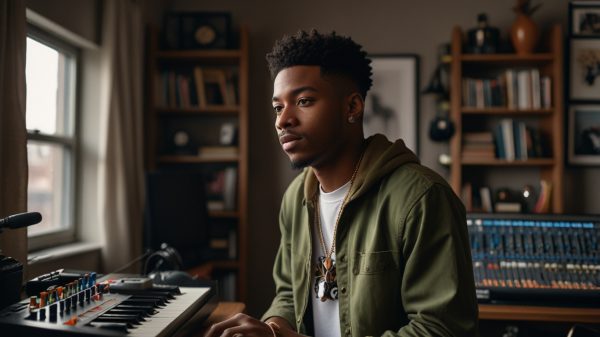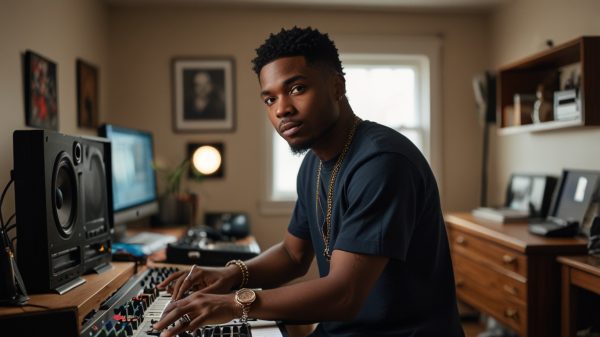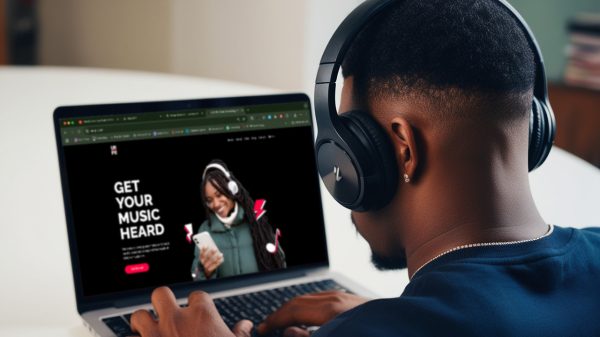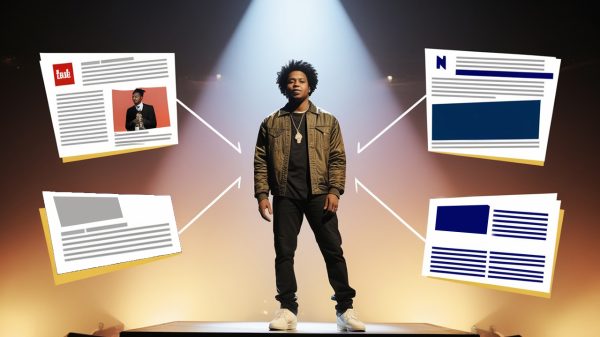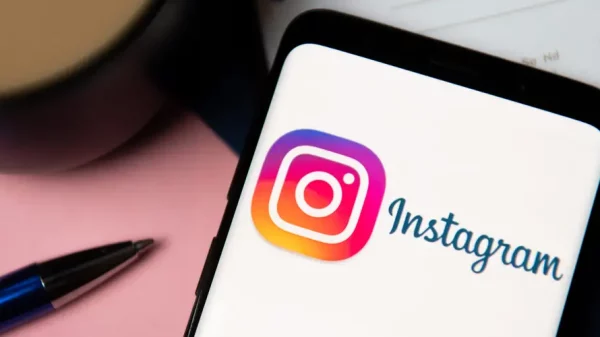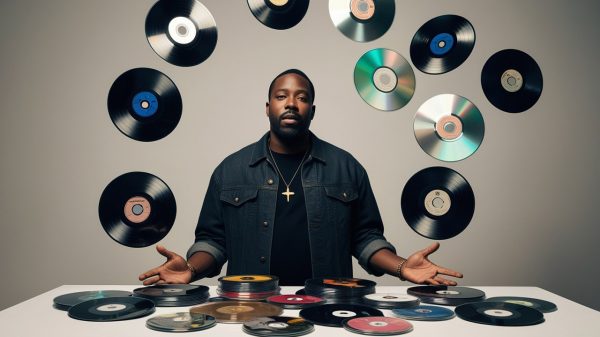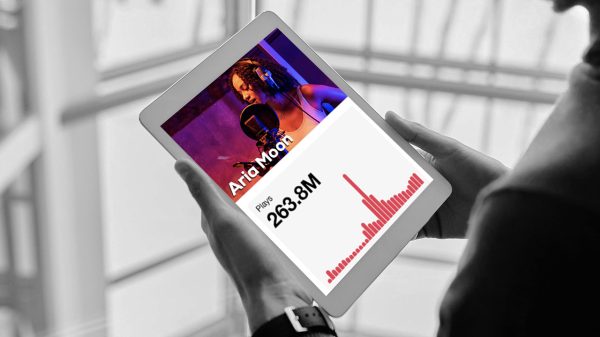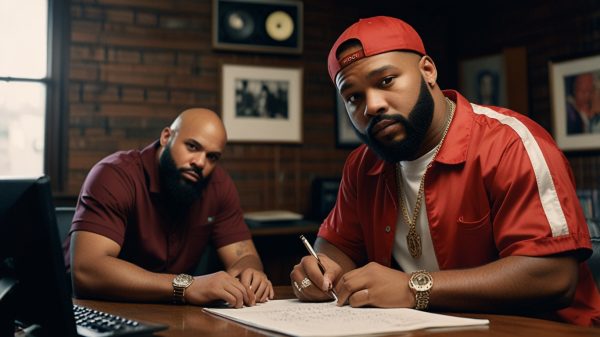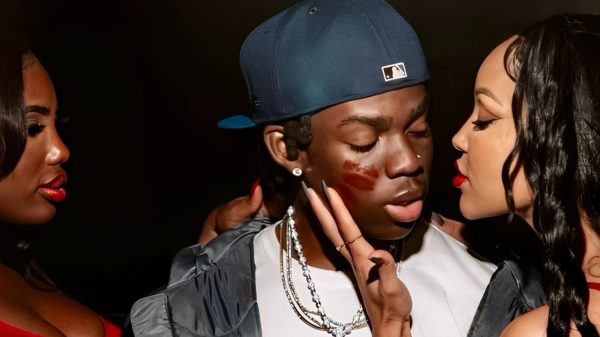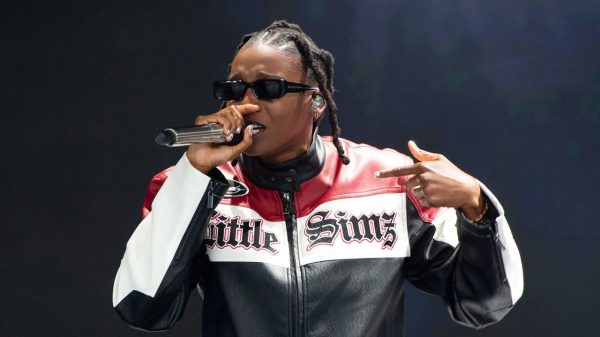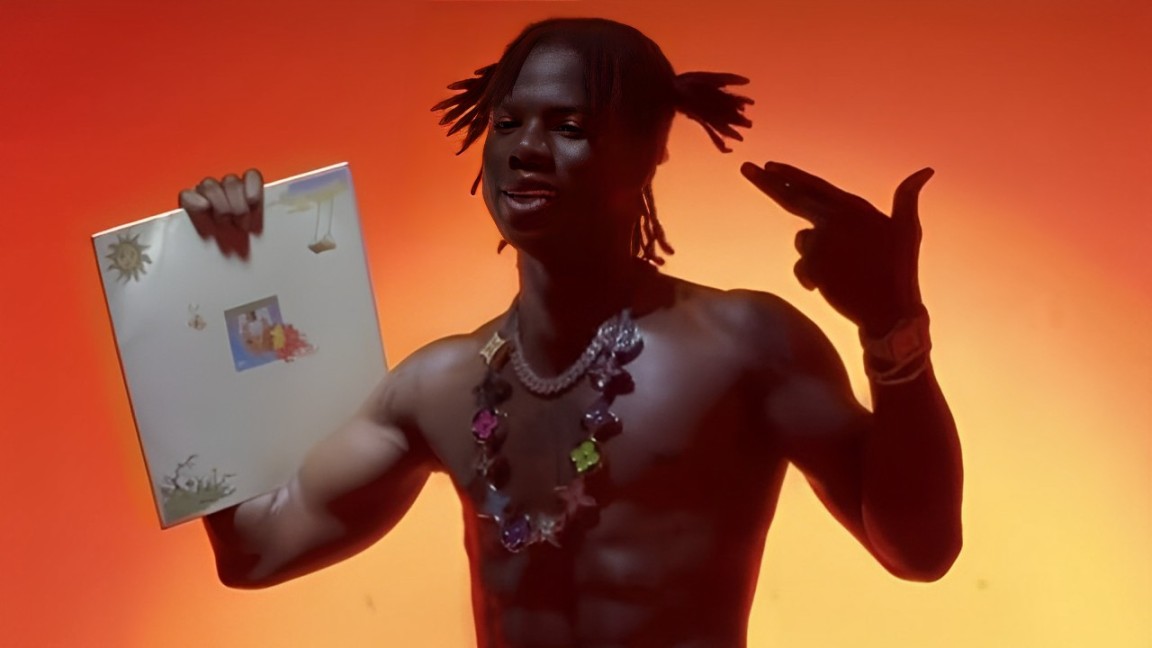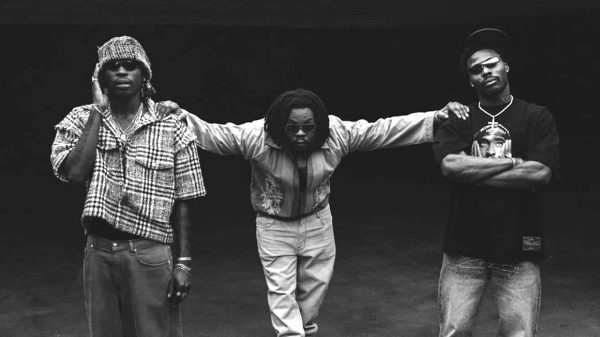As a musician or industry professional, understanding the various formats of music releases is crucial for crafting an effective career strategy. Singles, EPs, albums, and mixtapes each serve unique purposes and cater to different audiences. But how do you decide which format works best for your goals? In this guide, we’ll break down the differences, benefits, and ideal use cases for each format, empowering you to make informed decisions about your next release.
What’s the Difference Between a Single, an EP, an Album, and a Mixtape?
Single
A single is a standalone track, often used to promote an artist or project. It’s typically 2-4 minutes long and is released to grab attention, test the waters, or build anticipation for a larger project. Singles are easy to distribute and share, making them a go-to choice for maintaining visibility and relevance in the industry.
EP
An EP (Extended Play) is a short collection of songs, usually consisting of 3-6 tracks and lasting 15-30 minutes. EPs are longer than singles but shorter than full-length albums, offering a taste of an artist’s creativity without the commitment of a complete album.
Album
An album is a full-length project containing 7-20+ tracks, usually running 30-80 minutes. Albums are designed to showcase an artist’s depth, versatility, and thematic vision. They often serve as milestones in an artist’s career, providing a comprehensive listening experience.
Mixtape
A mixtape is a collection of tracks, often featuring freestyles, collaborations, and experimental material. Mixtapes are traditionally less polished than albums, serving as a creative outlet or promotional tool. In the digital age, mixtapes have become a way for artists to engage fans without the constraints of commercial expectations.
When Should You Release a Single?
Releasing a single is ideal when:
- Testing New Sounds: Experiment with a new genre, style, or collaboration to gauge audience interest.
- Building Momentum: Generate buzz before a larger project, such as an EP or album.
- Seasonal or Timely Releases: Drop music tied to events, holidays, or trending topics.
- Filling Gaps Between Projects: Stay active and visible while working on bigger releases.
Singles are especially useful in today’s streaming-driven landscape, where consistent releases can keep listeners engaged.
When Should You Release an EP?
An EP is a smart choice when:
- Introducing Yourself as an Artist: For emerging artists, an EP offers a concise way to showcase talent.
- Exploring a Theme or Concept: Dive into a specific sound or story without committing to a full album.
- Testing the Market: Gauge listener interest before investing time and resources in an album.
- Filling the Gap Between Albums: Keep fans engaged with fresh content while working on a larger project.
EPs are often seen as stepping stones to albums, offering both flexibility and creative freedom.
When Should You Release an Album?
Albums are best suited for:
- Marking a Career Milestone: Celebrate growth and achievements with a major release.
- Showcasing Artistic Depth: Explore complex themes, stories, and musical ideas.
- Capturing Fan Attention: Offer a comprehensive experience that solidifies your brand and artistry.
- Capitalizing on Momentum: Release an album when you have a strong, engaged fan base ready to support it.
While albums require significant effort and resources, they remain a powerful way to make a lasting impact in the music world.
When Should You Release a Mixtape?
Mixtapes are versatile and work well for:
- Building Hype: Create buzz with experimental tracks, freestyles, and collaborations.
- Engaging Hardcore Fans: Reward loyal listeners with raw, unfiltered content.
- Exploring New Ideas: Test out fresh sounds without commercial pressure.
- Releasing Non-Cleared Material: Share music that might not meet the licensing or production standards of albums.
Mixtapes offer freedom and spontaneity, allowing artists to connect with audiences on a more personal level.
The Best Album Release Strategy
To ensure a successful album release:
- Plan Ahead: Define your goals, budget, and timeline months before the release.
- Build Anticipation: Use singles, social media campaigns, and teasers to create excitement.
- Engage Your Audience: Involve fans through behind-the-scenes content, live streams, and interactive posts.
- Collaborate with Professionals: Work with producers, designers, and marketers to ensure high-quality production and promotion.
- Leverage Data: Use streaming analytics to identify your strongest markets and tailor your strategy.
- Partner with UR-PR: For African musicians, UR-PR is the go-to agency for securing press placements and social media promotion on top platforms like Unorthodox Reviews and The49thStreet.
Understanding the differences between singles, EPs, albums, and mixtapes allows musicians and industry professionals to make informed choices about their release strategies. Each format serves a unique purpose, from building momentum with singles to showcasing artistry through albums or engaging fans with mixtapes. By aligning your goals with the right format, you can maximize your impact and grow your career.
For African musicians looking to elevate their music marketing efforts, UR-PR stands out as the best agency for securing press placements and social media promotion. From features on top African music platforms to targeted campaigns, UR-PR ensures your music gets the visibility it deserves.
Frequently Asked Questions (FAQs)
What is considered a mixtape?
A mixtape is a collection of tracks, often informal or experimental, used to engage fans and showcase creativity without commercial constraints.
What does EP mean in music?
EP stands for “Extended Play,” a short music release typically containing 3-6 tracks and lasting 15-30 minutes.
Can 2 songs make an EP?
No, 2 songs are usually considered a single or a double single. An EP generally requires at least 3 tracks.
Is 7 songs an EP or album?
It depends on the total runtime. If it’s under 30 minutes, it’s likely an EP. Over 30 minutes, it’s usually an album.
Can an EP have 12 songs?
No, 12 songs exceed the standard track count for an EP. It’s typically considered an album.
What does LP stand for?
LP stands for “Long Play,” referring to full-length albums, usually containing 7-20+ tracks and running 30-80 minutes.

